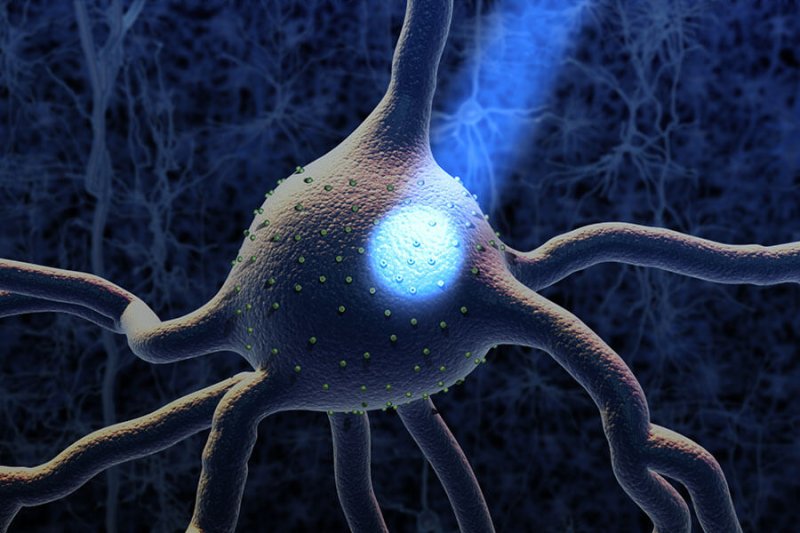Thanks to optogenetics, in just ten years we’ve been able to artificially incept memories in mice, decipher brain signals that lead to pain, untangle the neural code for addiction, reverse depression, restore rudimentary sight in blinded mice, and overwrite terrible memories with happy ones. Optogenetics is akin to a universal programming language for the brain.
But it’s got two serious downfalls: it requires gene therapy, and it needs brain surgery to implant optical fibers into the brain.
Dr. Karl Deisseroth’s team at Stanford University, in collaboration with the University of Minnesota, unveiled an upgraded version of optogenetics that controls behavior without the need for surgery. Rather, the system shines light through the skulls of mice, and it penetrates deep into the brain. With light pulses, the team was able to change how likely a mouse was to have seizures, or reprogram its brain so it preferred social company.
To be clear: we’re far off from scientists controlling your brain with flashlights. The key to optogenetics is genetic engineering—without it, neurons (including yours) don’t naturally respond to light.
However, looking ahead, the study is a sure-footed step towards transforming a powerful research technology into a clinical therapy that could potentially help people with neurological problems, such as depression or epilepsy. We are still far from that vision—but the study suggests it’s science fiction potentially within reach.































